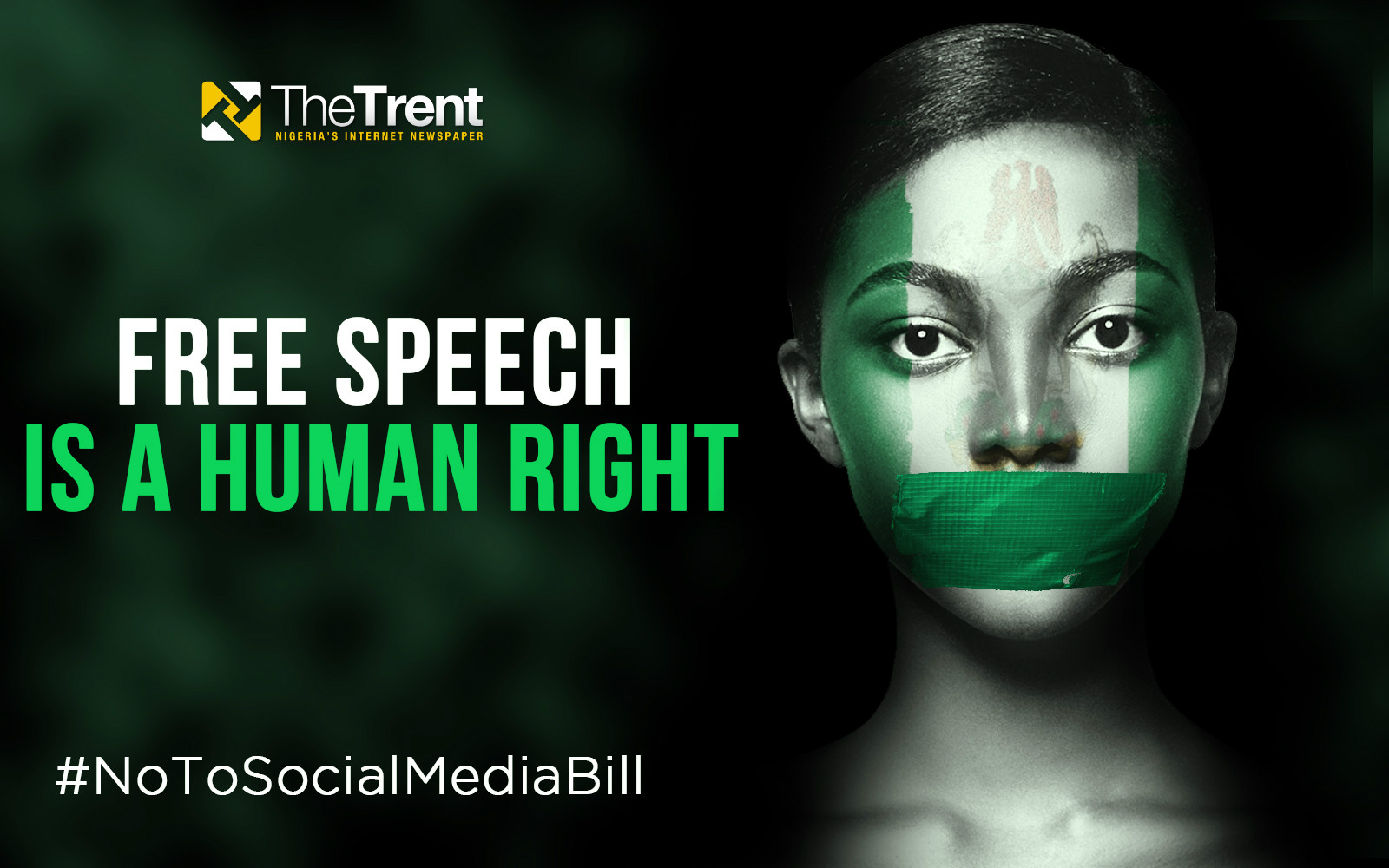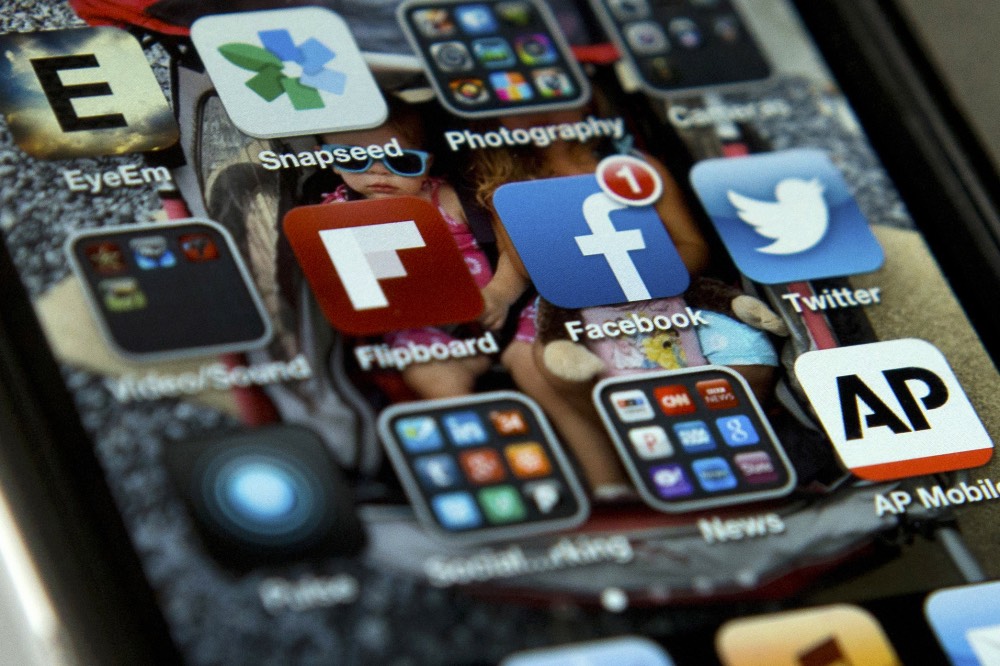[dropcap]L[/dropcap]iving in the age where the current American president actively tweets, there are still some who question whether or not social media and public policy affect one another. These two subjects definitely collide in countless ways. It’s actually a positive thing because years ago, people received their news solely from the television stations and newspapers. Living in the Internet era, it’s so much easier to consume information. It can also make it across the world in a matter of milliseconds. If you’re still unsure whether or not these two subject matters impact one another, consider these four ways.
Awareness
More people check their mobile devices before they log onto a desktop computer. The average person checks their phone at least forty times every day. Instagram, Facebook and Twitter are some of the main social media portals that people use to get their information. When people were made aware of the Libyan slave trade, it was because of the images posted on social media. The outcry was intense and forced leaders to give answers and face uncomfortable questions. It was incredibly important for people to gain the answers regarding how this could change. Though slavery was abolished in America, the effects of it are still widespread. So, when many people saw the travesties happening in Libya, this sparked outrage and a demand for change in the international policies that allowed this to happen.

Research
Unless it comes from social media, there are many people who won’t know what’s going on in the world. So, if they don’t know what’s going on in the world, they typically know nothing about the latest news in public policy. However, once many people learn what’s happening, this sparks a desire to do more research and learn more about what’s impacting them and how they can act to create change.
Viral Effect
At the top of 2017, there were a lot of issues and emotions surrounding the American president’s executive order regarding immigration. To many people, it was an extreme, un-American and unjust order. As the news continued to circulate on social media, people rallied together to do what they could to collectively send a message of support to those who being deported. Many lawyers worked pro-bono in airports to help people stay in the country. Others donated money to crowdfunding efforts to pay for the expenses involved. As more images, videos and information went viral, the more people felt impassioned to make a difference. Even if that difference simply meant lending their voices in protests around the country, it was still an effective way to send a message of unity and an equal amount of disdain for the executive order.

Radar
There are so many areas of public policy and many people are passionate about various sectors. The beautiful thing about social media is that it gives people an opportunity to use their own voice to shine light on a specific topic. Gun laws have always been a very controversial topic within the public conversation. As more statistics show how many people die from the effects of senseless gun violence, the public outcry from social media allows the government and news outlets to gain a clear understanding of how people really feel.
The fight to be heard is an ongoing one, but social media makes the fight a little easier. As so many people desire to change public policy, the fight will continue.







